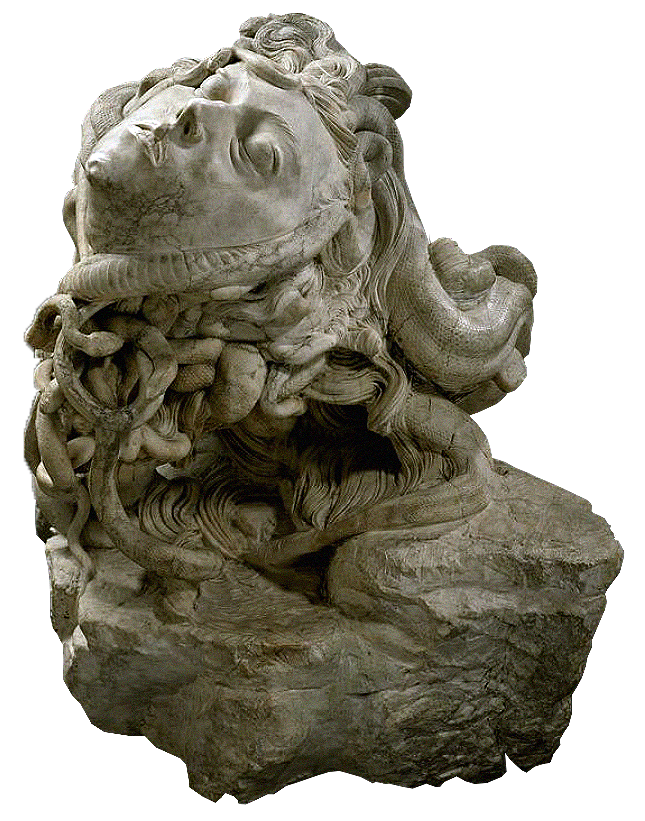April 27th | 4:00pm | Kerrytown Concert House
You’ve heard of Somewhere Over The Rainbow (or, you better have…), but do you remember any other songs from The Wizard of Oz?
Paul Keller and Cary Kocher present: Beyond The Rainbow, a celebration of the classic 1939 MGM film and Miss Judy Garland’s musical legacy. A band of five was all that could fit on the intimate Kerrytown Concert House (KTCH) stage: Paul Keller (bass), Cary Kocher (vibraphone/vocals), Sarah D’Angelo (clarinet/vocals), Adam Mosley (piano), and Ralph Tope (guitar).
Keller returns to the stage with his signature quirky repour and undeniably devoted and unshakable musicality. A self-described “Michigan jazz hero”, Keller has been a staple of the Detroit jazz scene as a sideman, composer, and educator. He also leads the 27-year-old Paul Keller Orchestra at Zal Gaz Grotto every Monday evening. This quaint Sunday afternoon brought a small but mighty audience you might be able to count on both hands, but dedicated listeners nonetheless.
The band started with the titular number, the undeniable anthem of the film, “Over The Rainbow”. D’Angelo sang; her sunny demeanor and sensitive phrasing were not a mock-up of Ms. Garland’s, it was her own. Keller subsequently made a thoughtful dedication to the legacy of Harold Arlen, the composer of The Wizard of Oz’s musical selections.
Down the Yellow Brick Road they went, performing the “Witch Song” (unsure of its proper title) and “Ding-Dong! The Witch is Dead”. “The Lollipop Guild” and “Follow The Yellow Brick Road” respectively ensued as a hypothetical Dorothy continued on her journey. Mosely and Tope made a fine rhythm section, taking short solos throughout the show.
Lest they forget the Lion and Tin Man, of which Cary Kocher sang “If I Only Had A Brain” and “If I Were King of The Forest”. Kocher’s voice is as smooth as his vibraphone playing, accompanying his subtle charm. Keller next included a song cut from the Wizard of Oz, entitled “Jitterbug.”A vibrant tune, one of the first written for the film, but was ultimately removed to shorten the final run time.
“Ease on Down the Road” from The Wiz and the ever-relevant Defying Gravity made unexpected appearances later in the set. I wondered how D’Angelo’s gentle vocal approach would change with the Schwartz—and to my surprise, her signature silky phrasing transcended into a belt that soared through the room.
The Judy Garland classics “I Don’t Care” and “Easter Parade” served as proper tributes to the heroine from D’Angelo. I was surprised that Garland’s atrocious experience working on The Wizard of Oz was not mentioned, an unfortunate reality of young women working in 1940s Hollywood. The film is an indisputably influential piece of American media. As a reflection of national ideals, its themes of individualism, self-reliance, and the pursuit of dreams are constant. The first of many devastating experiences for Garland, the film perhaps also represents how we mask the harsh realities of what it took to get there.
Image thanks to Kerrytown Concert House.






